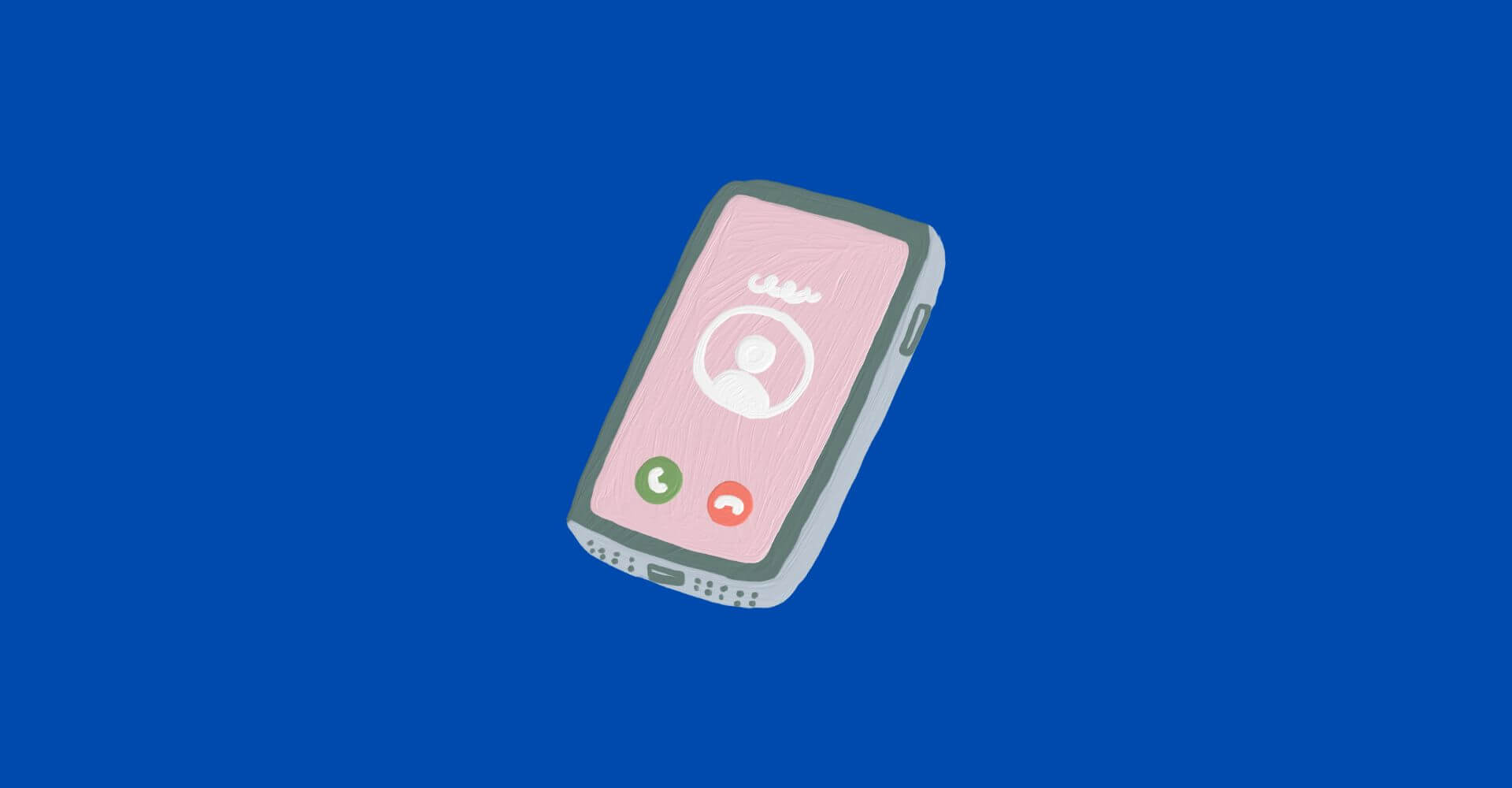Phone interviews are a critical step in the hiring process, often serving as the first direct interaction between a candidate and a potential employer. While they might seem less formal than in-person interviews, they require just as much preparation and professionalism. Here are several things you should never do during a phone interview to ensure you make a positive impression.
1. Avoid Poor Preparation
Don’t Skip Researching the Company
Failing to research the company beforehand can leave you unprepared to answer specific questions about why you want to work there or how your skills align with the company’s needs. Spend time understanding the company’s mission, values, products, and recent news. This knowledge shows your genuine interest in the role.
Don’t Forget to Review the Job Description
Understanding the job description thoroughly helps you tailor your responses to highlight your most relevant skills and experiences. It also allows you to ask informed questions about the role.
2. Don’t Choose a Noisy Environment
Avoid Distractions
Conduct your interview in a quiet place where you won’t be interrupted by family, pets, or background noise. If possible, choose a room with a door you can close. Background noise can distract both you and the interviewer and make it difficult to hear each other.
Poor Signal Areas
Make sure you have a strong phone signal. Dropped calls or poor reception can disrupt the flow of the interview and reflect poorly on your preparedness.
3. Don’t Be Too Casual
Professionalism Matters
While phone interviews might feel less formal, maintaining a professional demeanor is crucial. Avoid using slang, chewing gum, or eating during the interview. Dress as you would for an in-person interview to help you stay in a professional mindset.
Posture and Tone
Your posture can influence your voice. Sitting up straight or even standing can help you sound more confident and energetic. Smiling while you talk can also positively affect your tone.
4. Avoid Multitasking
Give Full Attention
Focus solely on the interview. Don’t check emails, browse the internet, or perform other tasks during the call. Interviewers can often tell when you’re not fully engaged, and it can come off as disrespectful.
Note-Taking
While taking notes can be beneficial, avoid overdoing it to the point where it becomes a distraction. If you need to write something down, do it quickly and return your full attention to the conversation.
5. Don’t Overlook Body Language
Non-Verbal Cues
Even though the interviewer can’t see you, your body language still matters. Gestures, pacing, and facial expressions can affect the tone and clarity of your voice. Acting as if the interviewer is in the room with you can help maintain a professional tone.
6. Avoid Negative Language
Stay Positive
Speak positively about past employers and experiences, even if they were not ideal. Negative comments can make you seem unprofessional and difficult to work with. Instead, focus on what you learned from past experiences and how they have prepared you for this new opportunity.
Refrain from Uncertainty
Avoid phrases like “I don’t know” or “I’m not sure.” If you need a moment to think, it’s better to say, “That’s a great question; let me think about it for a moment.”
7. Don’t Forget to Ask Questions
Show Interest
Not asking questions can make you seem uninterested or unprepared. Have a list of thoughtful questions ready about the role, team, company culture, and next steps in the hiring process. This demonstrates your engagement and eagerness to learn more.
8. Don’t Ramble
Be Concise
Keep your answers concise and to the point. Rambling can make it hard for the interviewer to follow your points and may eat into the time allotted for the interview. Practice answering common interview questions succinctly to avoid this.
Structured Responses
Using structures like the STAR method (Situation, Task, Action, Result) can help you stay on track and provide clear, comprehensive answers.
9. Don’t Forget to Follow Up
Post-Interview Etiquette
Always send a thank-you email after the interview. Express your appreciation for the opportunity, reiterate your interest in the position, and mention something specific you discussed during the interview to remind them of your conversation. This shows your professionalism and continued interest in the role.
Conclusion
Phone interviews might seem less intimidating than in-person meetings, but they carry significant weight in the hiring process. Avoiding these common mistakes can help you make a strong impression and increase your chances of moving forward. Preparation, professionalism, and clear communication are key to success. Good luck!






